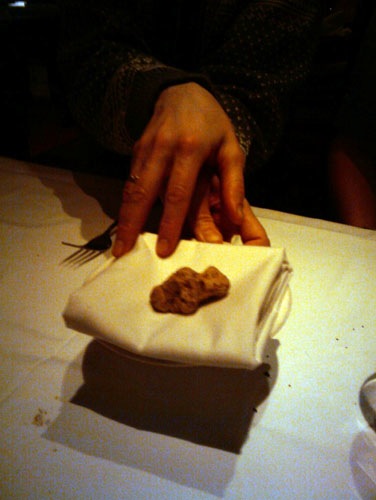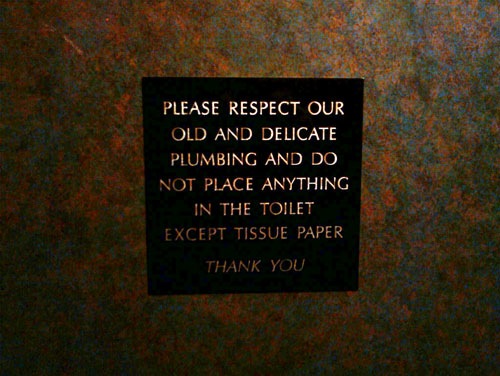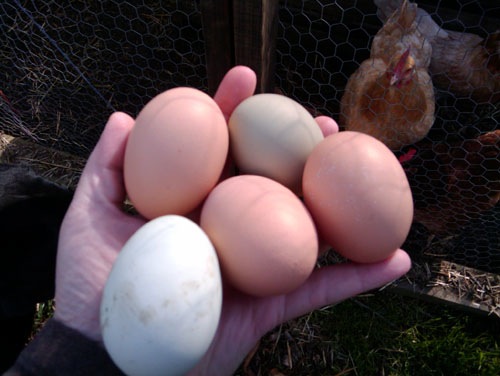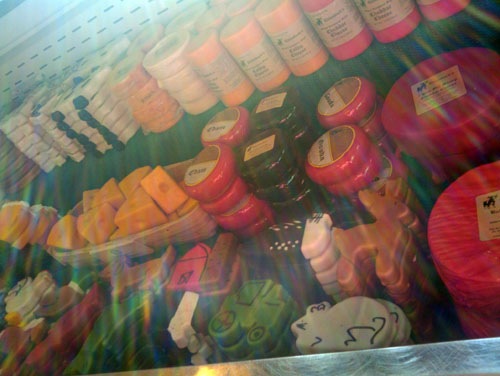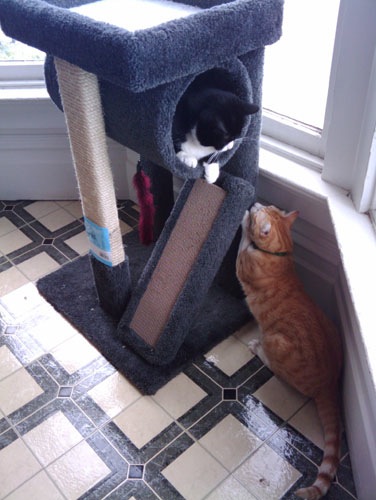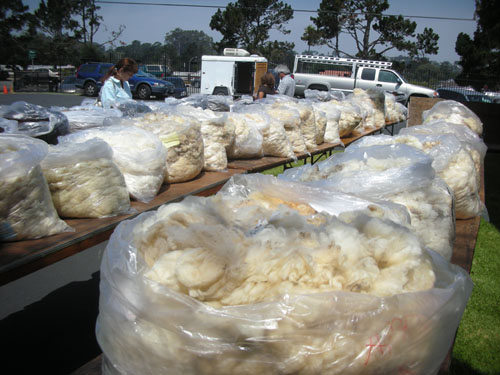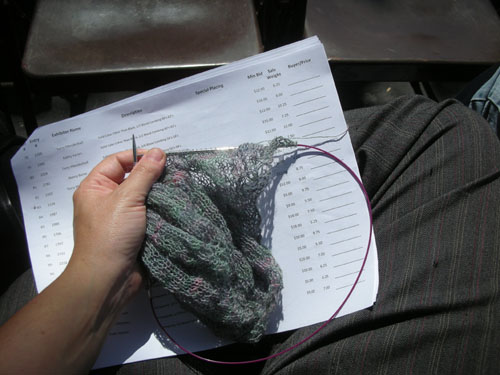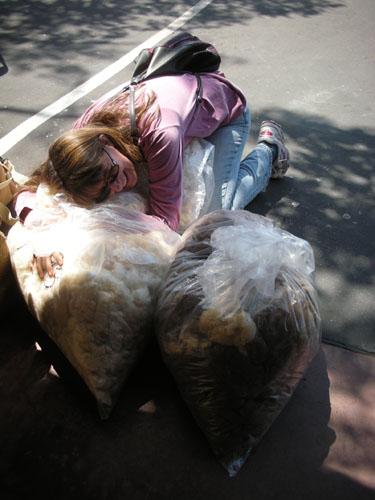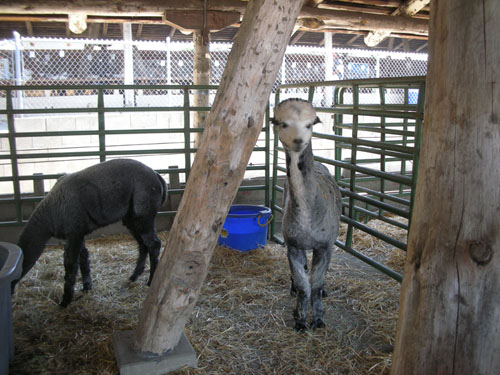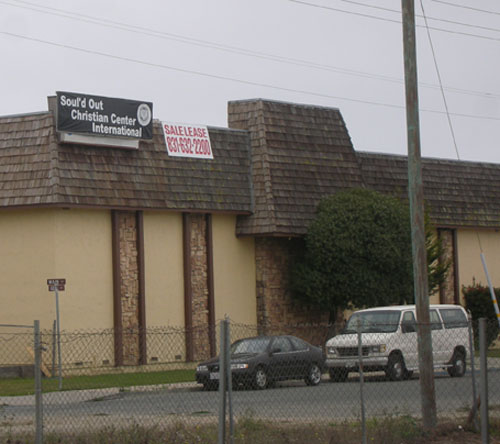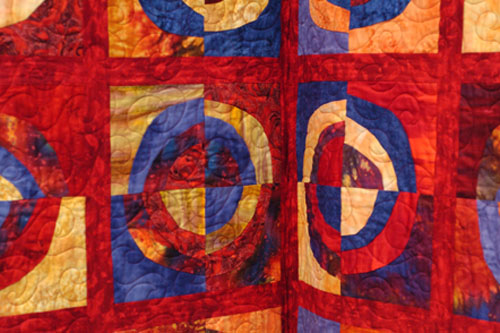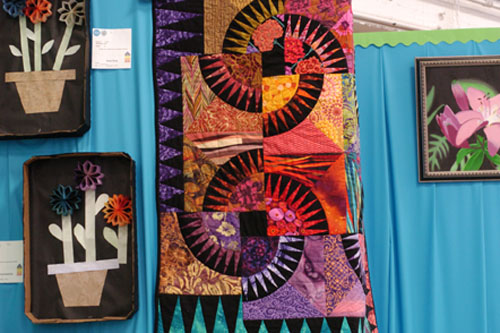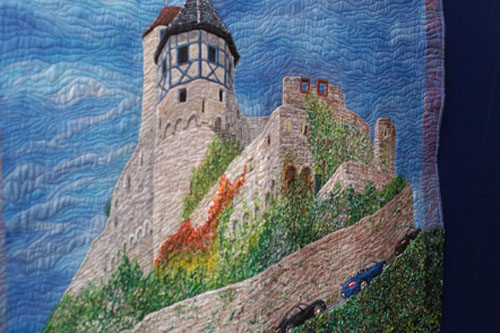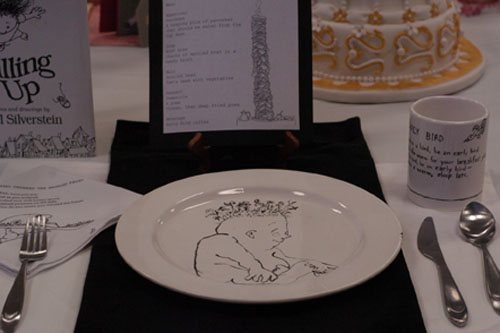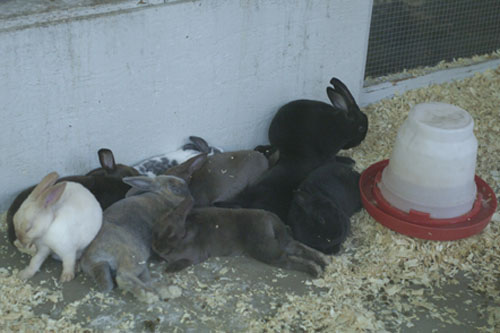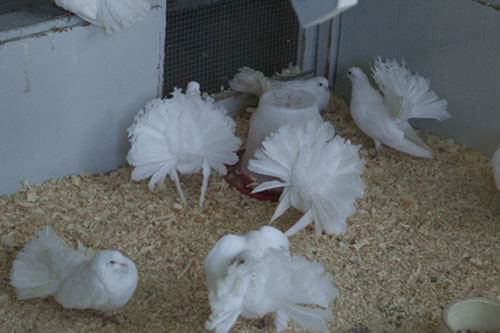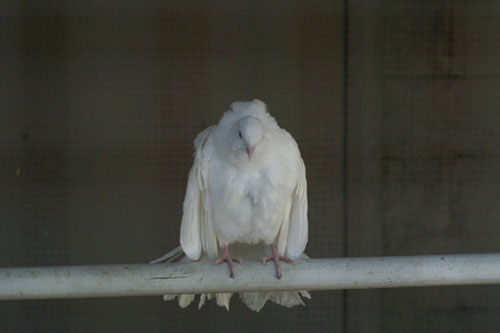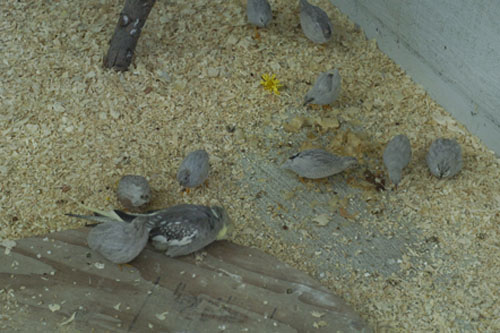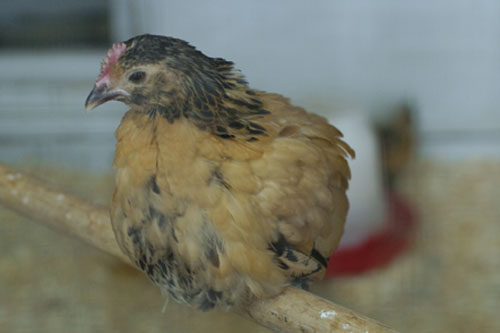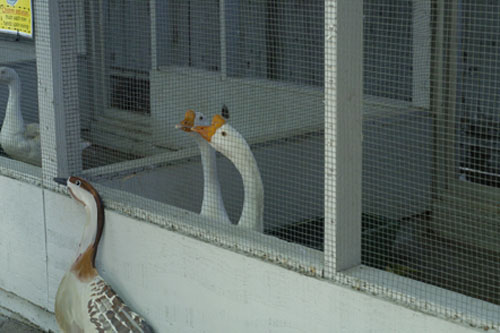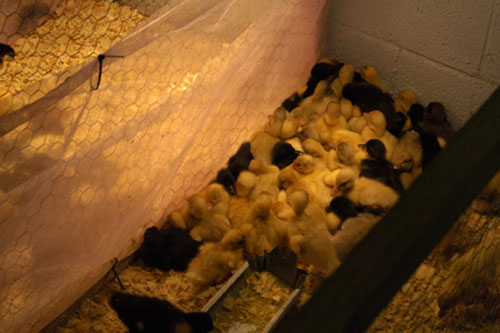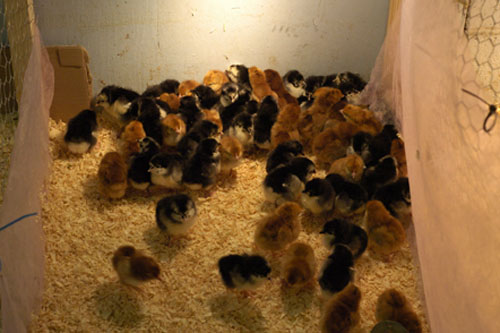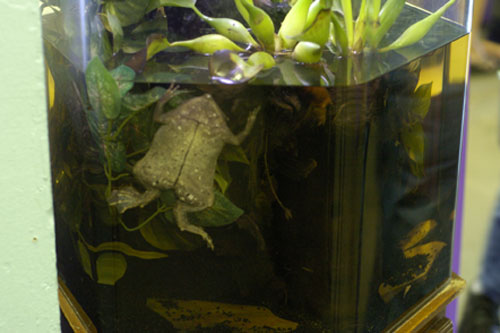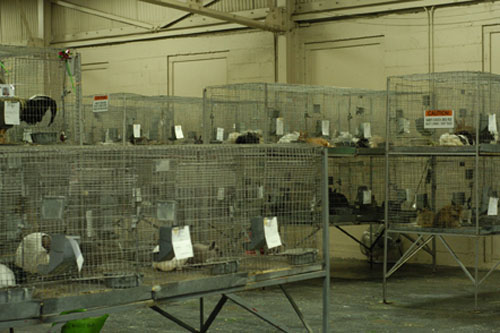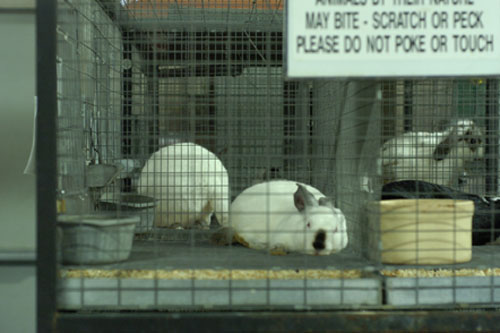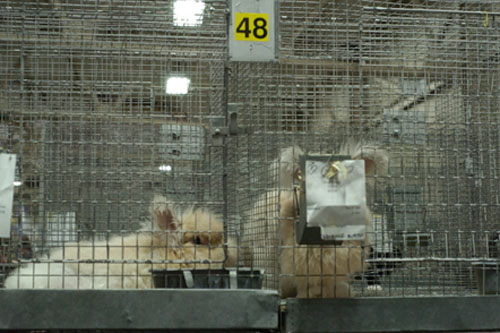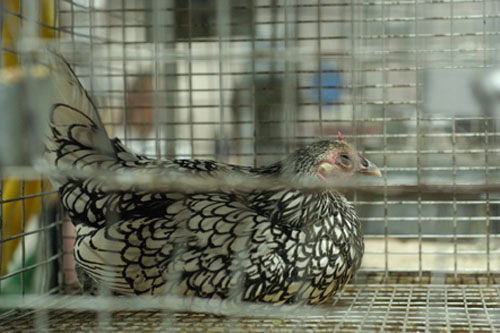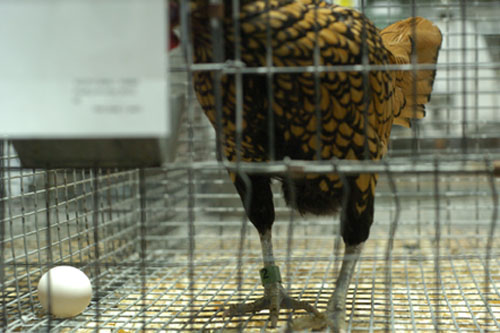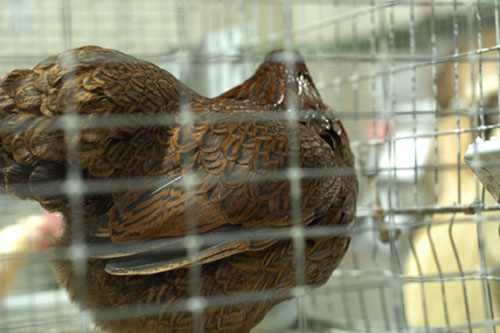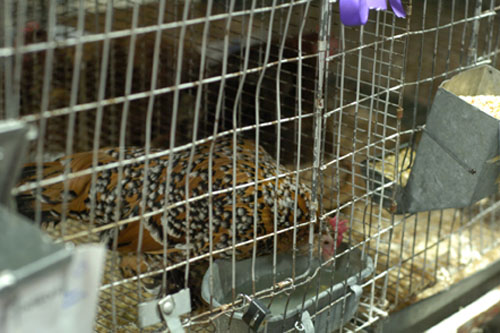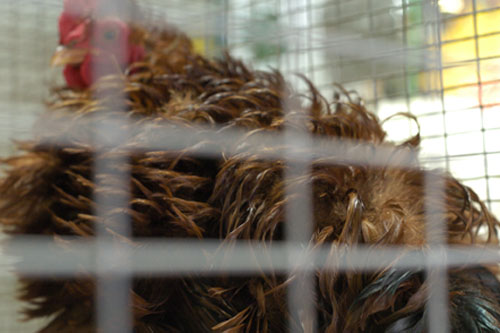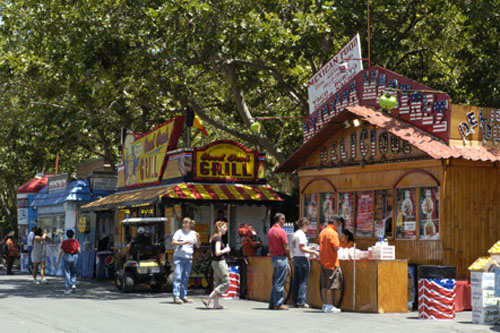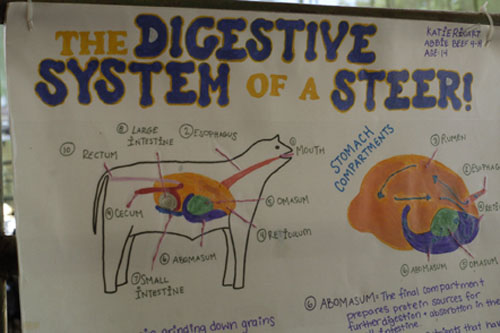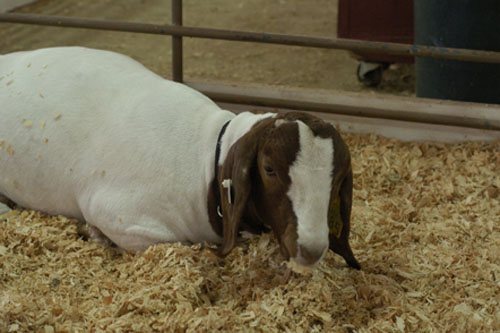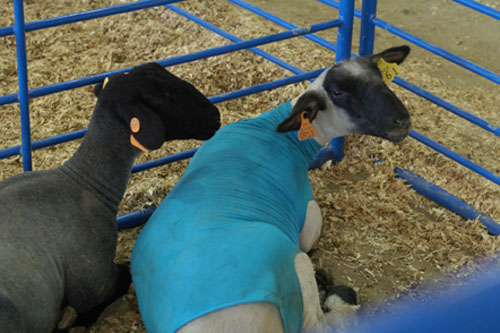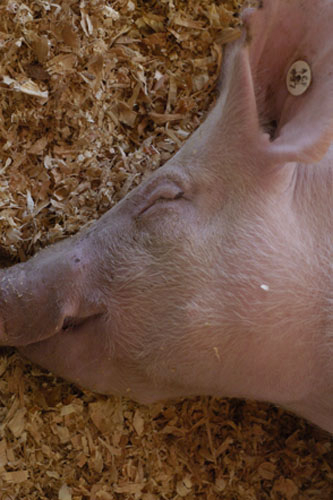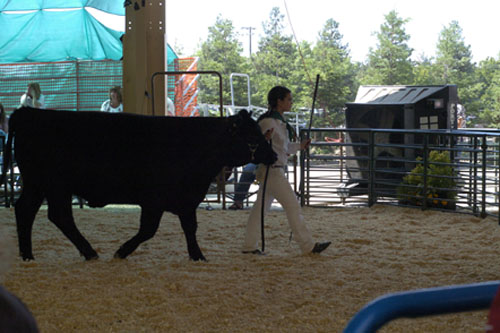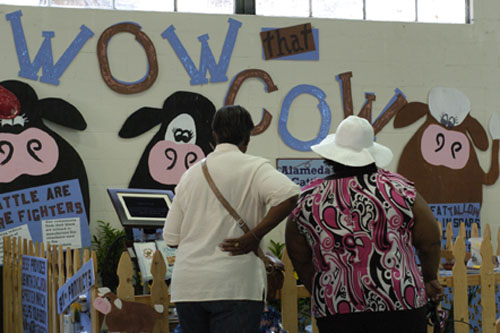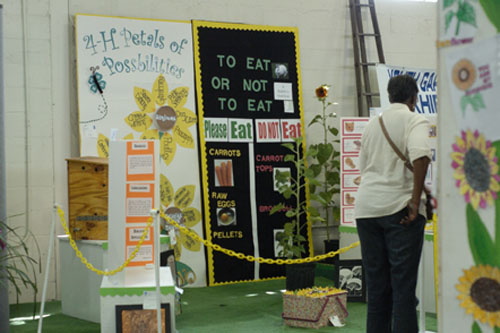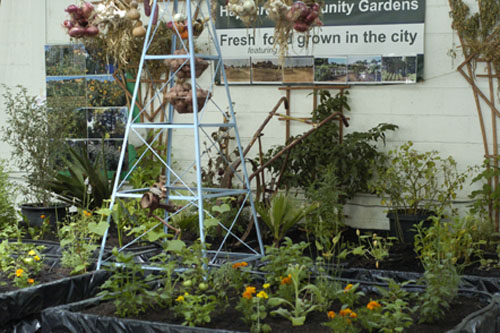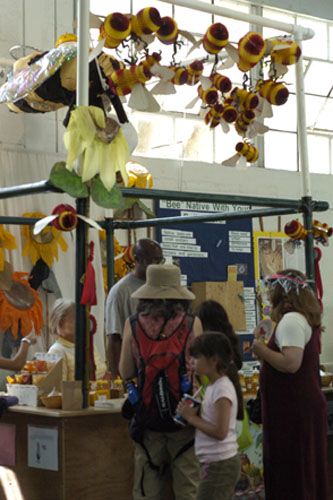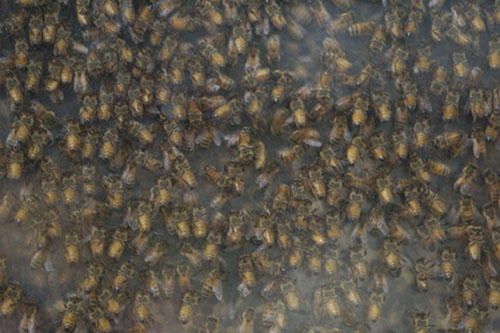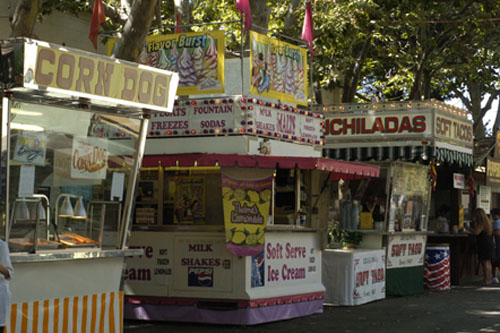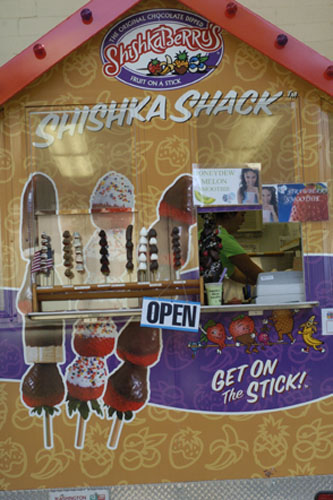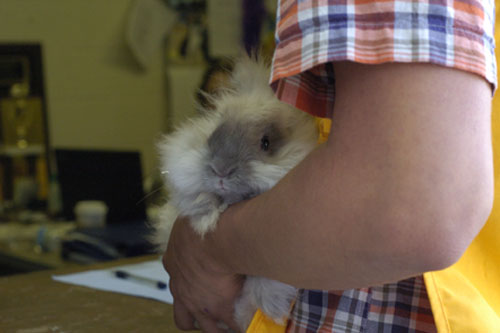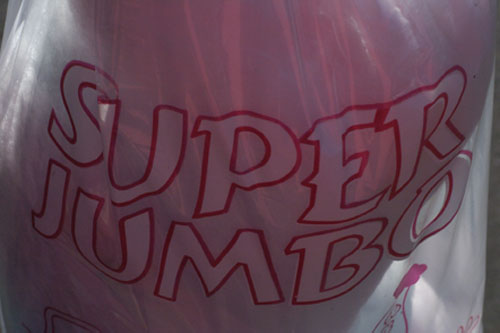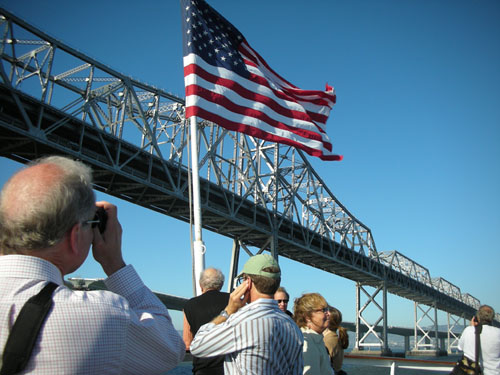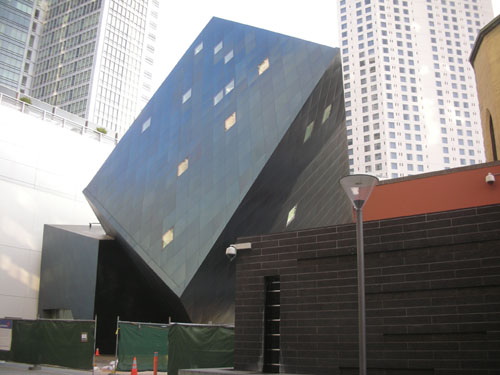I'm finding this kerfuffle about airport security getting more intrusive fascinating. Why? Because I have been traveling with a typically muslim name my whole life.
Now, I'm not muslim. I hadn't even been to the Middle East before the trip to Turkey this fall. But that doesn't really matter to airport security. I don't look like the American stereotype of a muslim terrorist, female or otherwise. I strongly resemble my Portuguese mother, and I don't think this country has ever been on the lookout for Portuguese terrorists.
But that name. That funky, Middle Eastern, terrorist name that nobody can say. It gets me every time.
(Don't get me wrong; I am very attached to my name and it is a part of me. I would never consider changing it. And it has its uses: seeing how Americans react to it tells me a lot about their secret bigotry against people who are different from them in even only one very small, insignificant way.)
Since the mid-90's, airline travel has almost without exception involved extra searches for me. Yes, for those keeping track, that is before 9/11. By extra searching I mean body pat-downs, luggage searches (they bring your hold luggage up to a private room and go through it in front of you -- I recommend buying luggage with zip-out liners unless you like sewing), searches where I have been asked to remove clothing (before we got the TSA, they often asked me to do this right in front of my fellow passengers, and got angry when I asked for a private room), and more.
To be fair, I've only ever had one cavity search. But I wonder how many of the people who are so worked up about the choice between the full-body scanner and a pat-down have ever had to take off their underwear in an airport at the command of a guy with a gun? A guy with a gun who might not even be an American citizen, since in the bad old days they didn't require that for airport security.
Back in the 90's, airport security was run by private companies. They had very little oversight. San Francisco had some of the most sadistic security staff I ever encountered, including one woman who hit me around the head with the metal-detector wand because I didn't hop to her commands fast enough, and one guy who refused to allow me to get my pat-down from a woman because it would hold up the line. I regularly had my breasts not just touched but grabbed and sometimes twisted. I've had hands and wands and whatever was available shoved between my legs. Airline travel meant bruises and humiliation for me, and sometimes bleeding.
Still, I traveled. For work, for vacation. None of my fellow travelers ever posted any outraged protests of this treatment online or in the media. There were no congressional hearings. This was considered to be reasonable security to address the threat of islamic terrorism.
The TSA has been pretty good for people like me. They train their staff, and there are standards for hiring that seem to be much better than what those private security firms used. I like that agents have to be citizens. Since the TSA took over airline security, I have not been actually physically harmed during a search, and I count that as a big plus. But I have been searched. My luggage has been dismantled. My choice of carry-on items, my reasons for travel, my religion, my place of birth, my travel plans for the next year have all been questioned at varying levels of detail. I've been asked whether I changed my name or if I have aliases I use.
There is no reasonable expectation of privacy when I fly. I expect that anything and everything is grounds for questioning. We arrive at the airport ridiculously early for flights because we can't be sure I won't have to go through the crazy screening. This is just how I live my life, something I have come to accept as a trade-off for living in a country with other freedoms I consider to be more important.
I have an obsessive protocol about flying. Where TSA might let a bland white American get away with thinking stick deodorant is a solid (it says "solid" right on it, after all), they inform me that anything that conforms to the shape of its container is a liquid and take it, so now deodorant goes in the plastic bag (or Noel carries it, which lets it sail right through). I don't wear underwire bras, I pack any jewelry with pins in checked luggage if I bring any at all. I don't even bother trying to bring knitting needles on the flight, because while anybody else could easily get away with it, I've replaced too much stuff that seemed innocuous and was explicitly allowed to bother. My in-flight entertainment of choice is a book, because they can search that pretty thoroughly without destroying it. But don't bring too many or they wonder what you are up to. (The ebook reader seems to be just fine, and doesn't trigger questions about why I need more than three books for an eleven-hour flight.)
As I wait my turn for my pat-down, I sit there to the side of the security line with other women who are -- strictly coincidentally, I am informed -- much like me: small, modestly dressed (which is to say not wearing a skin-tight jump suit that leaves nothing to the imagination), with Middle Eastern names. Noel, my blond, blue-eyed husband, gathers our luggage and waits for me at the end of the line. He's only gotten to share in the extra searching when we are in foreign airports, where they don't rely so heavily on stereotypes.
As I wait, I can see them pick people out of the line for enhanced search. Women with head-scarves are certain to be picked. West Asian features, check. A blonde woman wearing a long loose skirt sails through unimpeded, but any woman with brown hair and a skirt is pulled to the side so that a TSA agent can feel the area around her legs, where you can conceal a bomb. Small girls with brown skin stand with their mothers, waiting to be patted down.
I appreciate the outrage over the new scanning procedures. I really do. But the outrage is way too late. It was all fine and well when it only happened to "terror suspects" like me. As soon as the TSA realized that unequally applied security is a huge risk and started searching white babies for bombs as carefully as it searches brown babies, everybody exploded in outrage. It's too intrusive, they say. The government is literally putting its hands on my body! How can they do this to us! They should be more targeted in their approach!
Hey. I'm an American citizen. My parents are American citizens. I was born and raised in this country, and I love it above all others. Given the choice to live here or abroad, I live here. I've served my country as a civil servant, and my brother serves in the armed forces. Three generations of my family have served in the US military during wartime (OK, fine, my grandfather was in the band, but you don't waste a fine trombonist on the battlefield). In every way that really should count, I am "us." And "they" have been doing this to "us" for a really long time. So cry me a fricking river that the rest of you are going to have to learn to live with the kind of intimate contact with the fears of your fellow Americans that I've put up with for a long time.
The pat-downs are really not so bad. If I were you I'd choose them over the scans (nobody at TSA has ever offered me a medical risk assessment for the machines, so I opt out when I am allowed to). After a dozen years or so, you get used to having to submit your body to the touch of a stranger to get on a plane. It starts seeming totally normal. The idea of arriving at the airport only an hour before your flight seems laughable and unrealistic. Now you're about ready to try flying out of the Middle East, which is a whole new level of intrusive. Welcome to the real world, fellow Americans.
